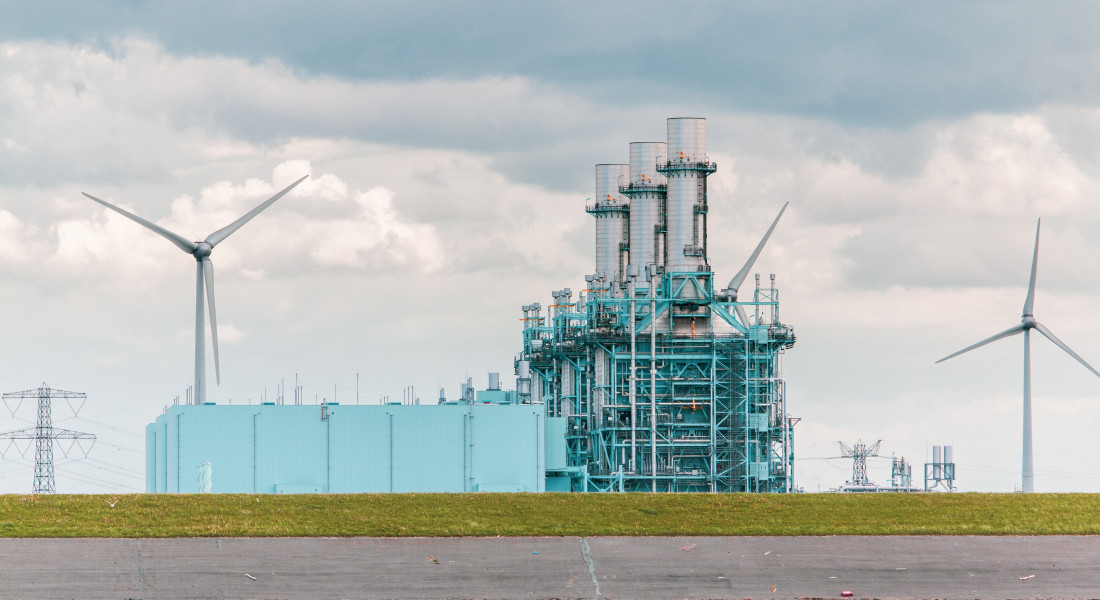Blog

With the world becoming increasingly reliant on energy and the Government forecasting our energy requirements to increase fivefold by 2050, it is becoming more and more important for businesses to secure their energy supply. By doing so, businesses can not only protect their bottom line, but also ensure that their operations are sustainable in the long term.
Energy security is the term used to describe the reliable and uninterrupted supply of energy to businesses and households. It is important for businesses as it ensures that operations can continue as normal and that there is no interruption to the supply of power.
There are a number of factors that can threaten energy security, such as political instability, natural disasters, and cyber attacks. In addition to UK ambitions to increase the use of electric vehicles, the British Energy security strategy aims to increase our wind power generation by 50 gigawatts and solar by five times, the UK has also committed to reduce fossil fuel electricity generation per our international commitments at COP21 and reinforced at COP26. All of this combined, threatens the balance of demand and supply, a potentially unstable grid, and increases the need for site by site energy security. That's why it's important for businesses to have a plan in place to ensure that they can keep their operations running in the event of an energy security threat.
When businesses invest in energy security, they are investing in the stability of their energy supply and price. There are many benefits that businesses can enjoy by investing in energy security:
More resilient to energy price shocks
Reduce electricity costs
More stable energy supply
Keep operations running smoothly
Reduce risks from power outages, blackouts and other disruptions
There are many ways to improve energy security, but some of the most important include:
Diversifying your energy sources means using a mix of renewable and non-renewable energy sources, as well as energy storage. It can include the use of microgrids, smart grid technologies and onsite generation. This helps to ensure that your business can continue to operate even if one energy source becomes unavailable.
Investing in energy efficiency will help your business use energy more efficiently, which can save you money and reduce your environmental impact.
A robust emergency response plan should consider a backup power supply in the form of a UPS system and generator. It should identify the types of energy disruptions that could occur, the communication and coordination procedures that would be used in the event of an energy disruption, and the roles and responsibilities of key personnel. Additionally, the plan should identify steps that can be taken to mitigate the impacts of an energy disruption.
The UK government offers a number of programs and incentives to encourage companies to invest in energy security. These programs provide funding for energy efficiency measures, renewable energy projects, and other initiatives that can help businesses reduce their carbon footprint and become more sustainable.
Government incentives can be a great way for companies to save money on energy costs, but it's important to do your research and make sure you're eligible for the programs before you apply.